
Liver Damage Linked to Supplement Use Is Surging, Sparking Scientific Alarm

In recent years, dietary supplements have evolved from a fringe health curiosity into a mainstream household staple. Today, more than half of American adults regularly consume some form of pill, powder, gummy, or capsule in hopes of improving their mood, metabolism, muscle tone—or simply their overall well-being. On social media platforms like TikTok, influencers rave about berberine as the "natural Ozempic," celebrities promote sea moss for gut health, and biohackers claim curcumin is their anti-aging elixir.
But here’s the uncomfortable truth: while these products may look like quick health fixes, they’re increasingly linked to serious liver damage—and not the kind that goes away after a couple of days. Over the past few decades, medical experts have observed a troubling rise in liver-related complications directly associated with supplements. These range from mild inflammation to full-blown liver failure.
And liver damage isn’t the only concern. Users have reported side effects including chronic fatigue, digestive distress, mood changes, kidney stones, hair thinning, and elevated blood pressure. All from something that’s supposed to be “natural.”
So what’s really going on here? According to experts, three major red flags are behind the issue: toxic ingredients, dangerous drug interactions, and megadosing—the practice of taking excessive amounts well beyond safe limits.
A Pill for Every Problem?
“Everyone’s searching for a quick fix,” says Dr. JoAnn Manson, a respected physician and professor at Harvard Medical School. “There’s this widespread hope that one magic pill can prevent disease, slow aging, or boost vitality overnight.”
Unsurprisingly, 84% of supplement users believe these products are both safe and effective. The reality? Most of the tens of thousands of supplements lining store shelves have never undergone rigorous testing for either safety or efficacy.
“It’s a bit of a Wild West,” Manson warns. Without consistent regulation or oversight, consumers are left to navigate the supplement world largely on their own.
Nature’s Medicine Cabinet: Not Always Safe
For thousands of years, humans have relied on herbs, minerals, and plant-based remedies. In many traditional cultures, these treatments remain central to health and healing. But today’s supplement industry is vastly different from ancient medicine.
Now, traditional ingredients are being mass-produced, concentrated, and packaged into attractive pills, powders, and gummies—sold everywhere from pharmacy aisles to Instagram ads. They're marketed as solutions to everything from insomnia and hair loss to anxiety and weight gain.
What’s fueling this explosive growth? According to Dr. Dariush Mozaffarian, a cardiologist and professor of nutrition, many people feel disappointed by conventional healthcare. Over 50% of patients report feeling dismissed or ignored by their doctors. As a result, they turn to “do-it-yourself” medicine—often starting with supplements.
To be fair, certain supplements do have proven benefits:
-
Folic acid helps prevent neural tube defects during pregnancy.
-
Vitamin B12 is vital for older adults, especially vegetarians and vegans.
-
Omega-3 fatty acids have shown benefits for heart health.
-
Probiotics can support digestion and gut flora balance.
These uses are backed by clinical research. But outside of these scenarios, many popular supplements are based on hype rather than hard science. “There’s little compelling evidence that most herbal supplements are necessary for maintaining health,” says Dr. Marwan Ghabril, a liver disease specialist from Indiana University.
In other words, if you’re generally healthy and eating a balanced diet, taking a daily multivitamin or herbal booster probably won’t do much—except drain your wallet. As Mozaffarian puts it, “You’re mostly just making expensive urine.”
When Supplements Go From Harmless to Harmful
The rapid growth of the supplement industry hasn’t just stocked kitchen counters—it’s also contributed to a growing number of hospital admissions.
In the U.S., about 20% of liver injuries caused by drugs are now traced back to herbal and dietary supplements. Some research even places this number closer to 43%. Even more disturbing, the number of patients needing liver transplants due to supplement-related liver failure increased sevenfold between 1995 and 2020.
Doctors are reporting more frequent cases of patients presenting with jaundice (yellowing skin and eyes), abdominal pain, extreme fatigue, and dark urine—classic signs of liver failure. And these symptoms aren’t being caused by obscure, back-alley brands. Often, they’re traced to widely available and even popular supplements, such as:
-
Green tea extract (frequently found in weight-loss pills)
-
Bodybuilding supplements (some containing undisclosed anabolic steroids)
-
Combination pills marketed for mood, sleep, energy, or hair growth
In a 2024 study, researchers estimated that 15 million Americans were taking supplements with ingredients known to potentially harm the liver, including turmeric, ashwagandha, garcinia cambogia, red yeast rice, black cohosh, and of course, green tea extract.
The Hidden Risks in “Natural” Products
Dr. Ghabril strongly advises against any product that’s marketed as a universal solution or miracle cure. “Basic vitamins in standard doses are generally safe,” he says. “But megadosing or taking complex herbal blends can be dangerous.”
One of the biggest myths? That “natural” equals “safe.” In truth, some of these substances can interfere with bile production, inflame the liver, or interact with medications in unpredictable ways.
Worse, multi-ingredient products make it nearly impossible to identify the culprit when things go wrong.
Inside the Industry: What You Don’t See on the Label
Beyond biological effects, there’s a more disturbing issue: contamination and mislabeling. Independent lab tests have discovered that some supplements contain:
-
Heavy metals (lead, mercury, arsenic)
-
Mold, yeast, or bacteria
-
Synthetic pharmaceuticals
-
Unlisted ingredients or incorrect dosages
In elderly individuals or those with weakened immune systems, these contaminants can cause serious complications—ranging from cognitive decline and brittle bones to infections and even internal organ damage.
Manufacturers sometimes cut corners to save money, replacing expensive ingredients with cheaper, less effective substitutes—and not updating the label. Without third-party verification, you really don’t know what you’re swallowing.
And if you're taking multiple supplements daily? You might unknowingly create toxic combinations, raise your risk of overdose, or trigger harmful interactions with prescribed medications.
The Megadosing Trap: When More Means Trouble
A common misconception in the wellness community is: “If a little is good, more must be better.” But in the world of supplements, this thinking can have serious consequences.
“Higher doesn’t mean healthier,” says Mozaffarian.
Taking supplements in excessive doses—especially fat-soluble vitamins like A, D, E, and K—can cause toxic buildup in the body. Common side effects of megadosing include:
-
Stomach upset
-
Headaches
-
Irregular heartbeats
-
Insomnia and anxiety
Women, in particular, may be more susceptible due to differences in body size, metabolism, and hormonal fluctuations.
What’s more, genetics can play a role. One person might tolerate green tea extract just fine, while another could experience acute liver inflammation after a small dose.
“The same principles that apply to prescription drugs also apply here,” Dr. Ghabril adds. “Supplements can cause harm—sometimes severe harm—when taken improperly.”
How to Protect Yourself
Unlike prescription medications, supplements don’t have to undergo strict testing for safety or effectiveness before hitting the market. The FDA isn’t required to review them unless a problem is reported after the product is already in use.
“It’s incredibly frustrating,” says Mozaffarian. “A company can make millions selling a supplement without having to prove it does anything useful—or even that it’s safe.”
So what can you do?
✅ Talk to your doctor before starting any new supplement—especially if you take medication or have underlying health conditions.
✅ Stick to reputable brands that undergo third-party testing (like NSF Certified or USP Verified).
✅ Consult reliable databases, such as the NIH’s Office of Dietary Supplements or LiverTox for ingredient safety.
✅ Avoid megadosing and resist the temptation to stack multiple products.
✅ Be skeptical of anything marketed as a miracle or cure-all.
And perhaps most importantly: don’t forget the foundations of real health. “Supplements should never replace a healthy lifestyle,” says Mozaffarian. “A balanced diet, regular physical activity, quality sleep, and stress management—that’s where the true magic lies.”
News in the same category

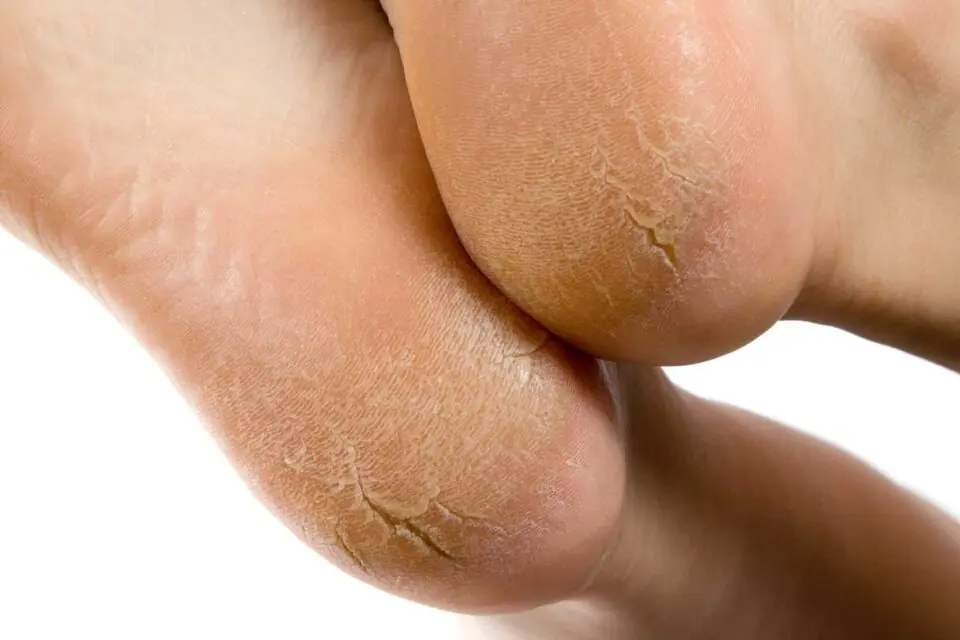
How to Get Rid of Dead Dry Skin on Feet
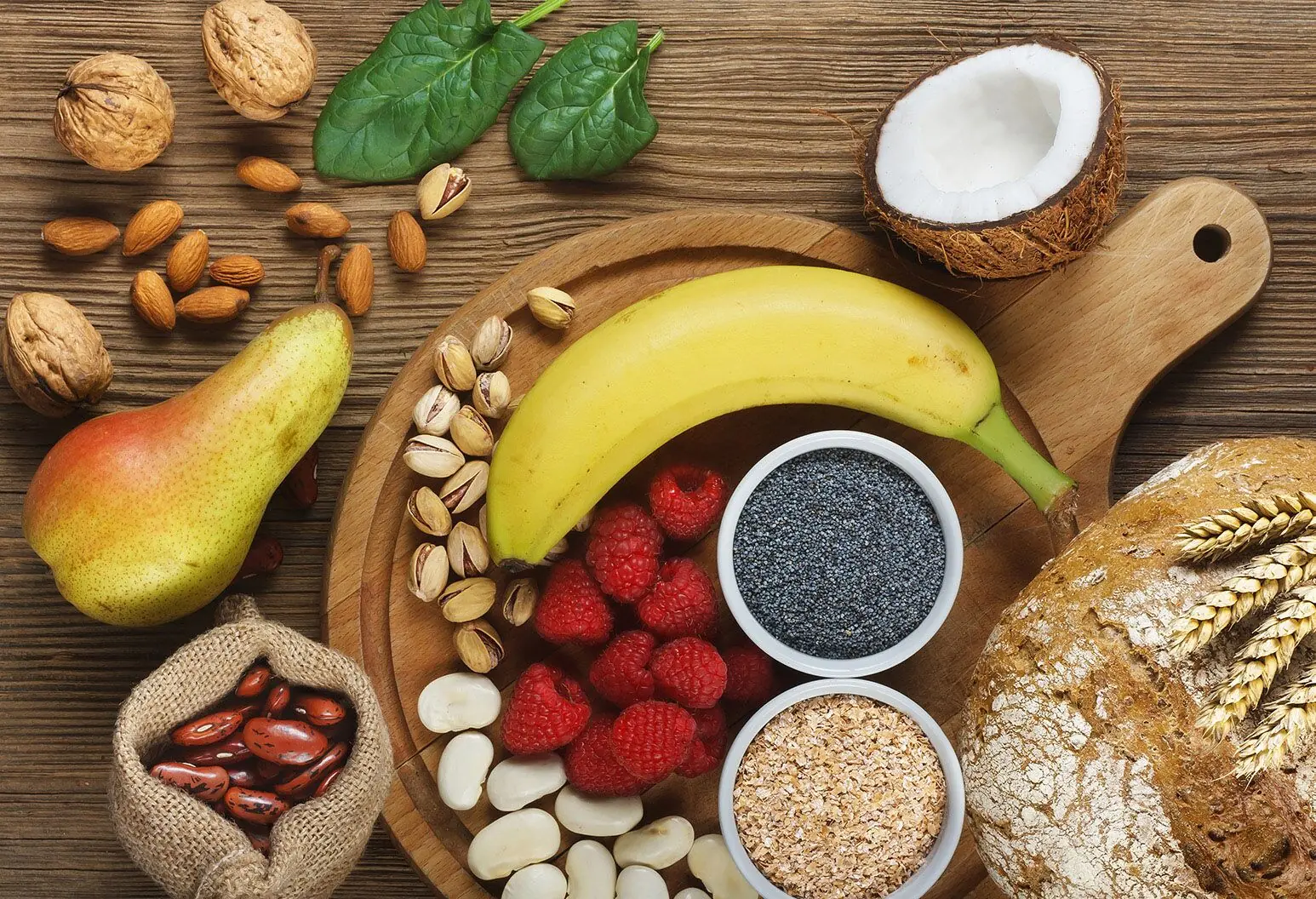
Foods to Eat if You Need to Poop – The Best Natural Laxatives

How to Make Onion Juice for Hair Growth & Strong Hair

3 Best Ways to Boil Sweet Potatoes for Maximum Flavor
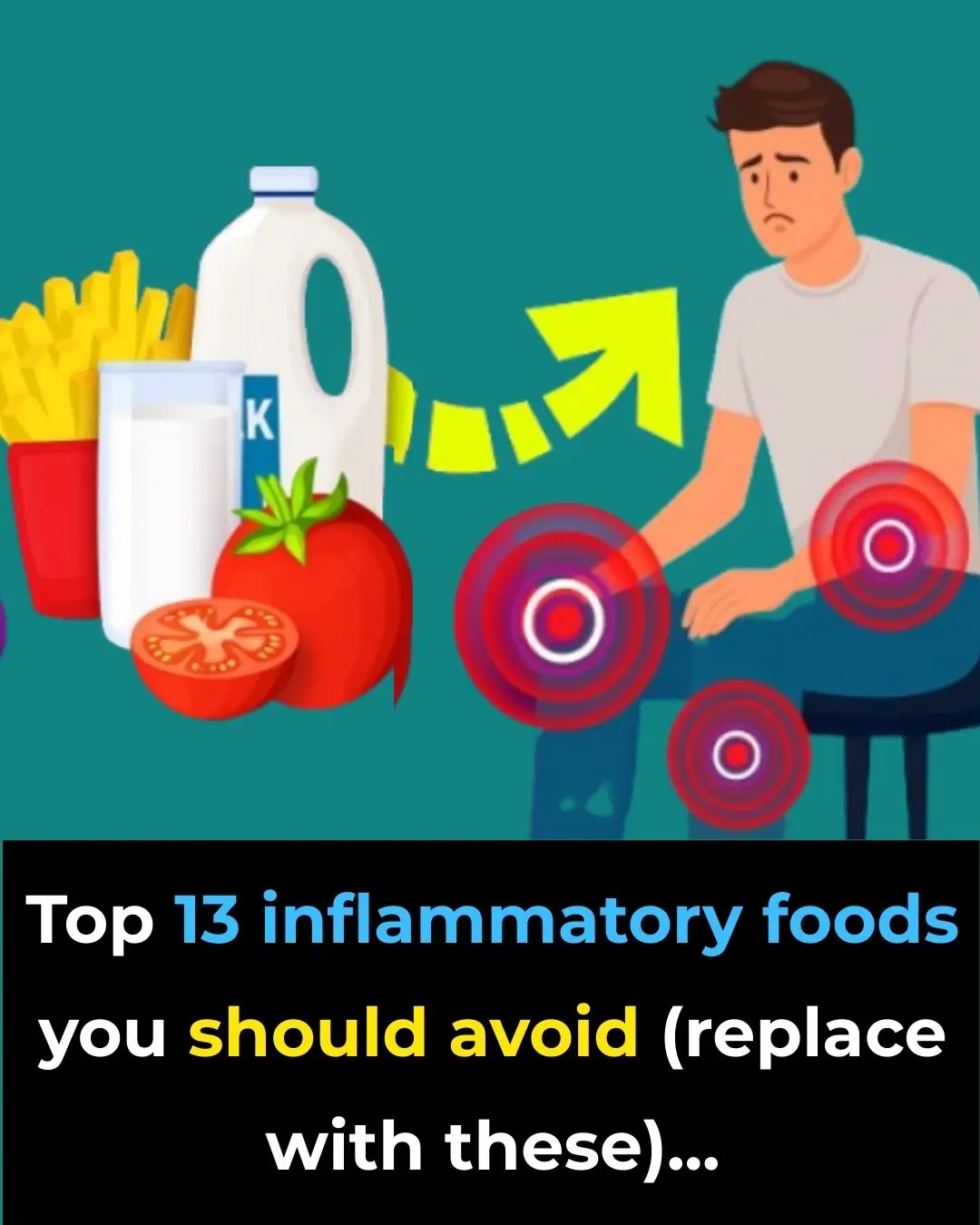
Top 13 Inflammatory Foods You Should Avoid (Replace with These)
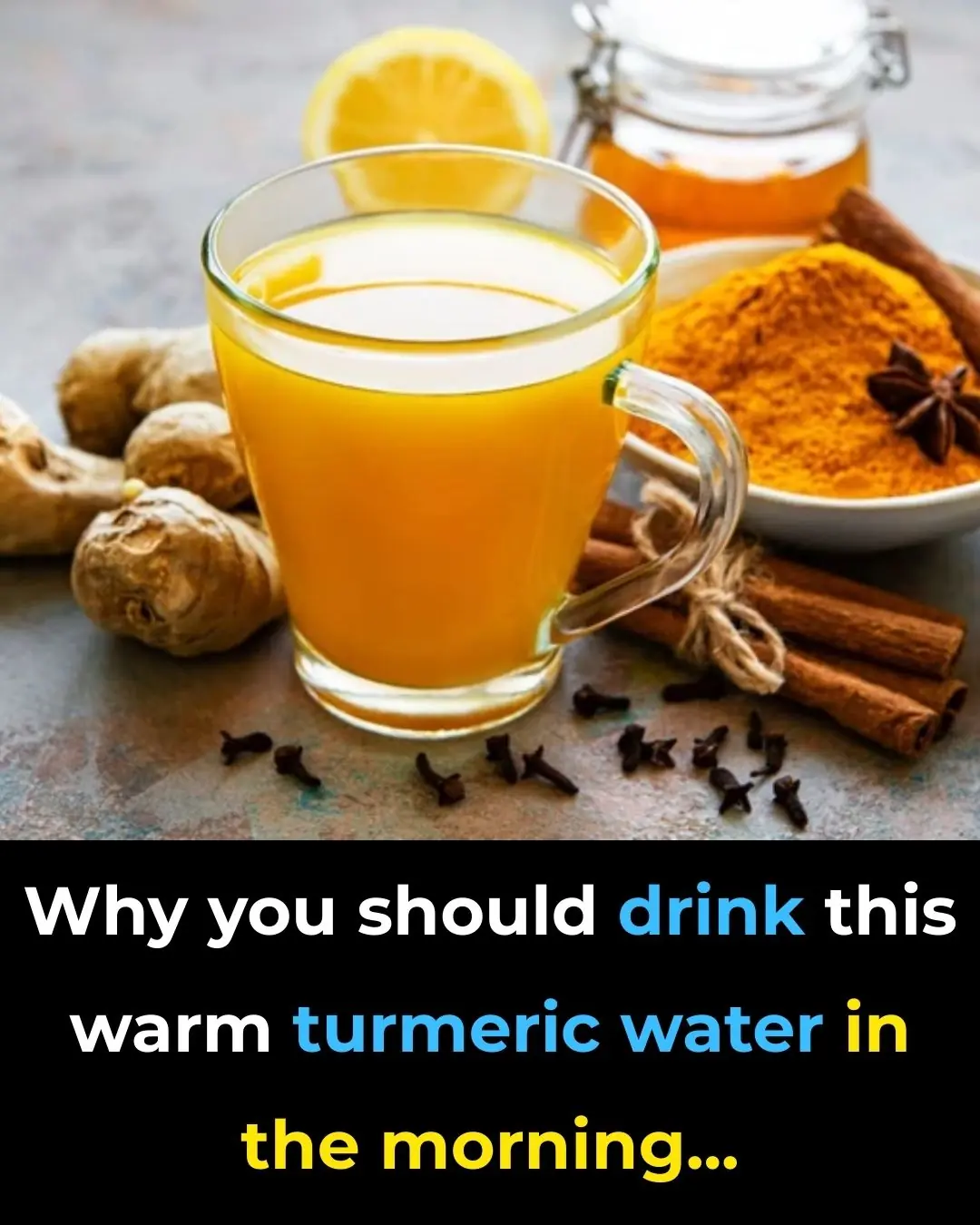
Why You Should Drink THIS Warm Turmeric Water In The Morning
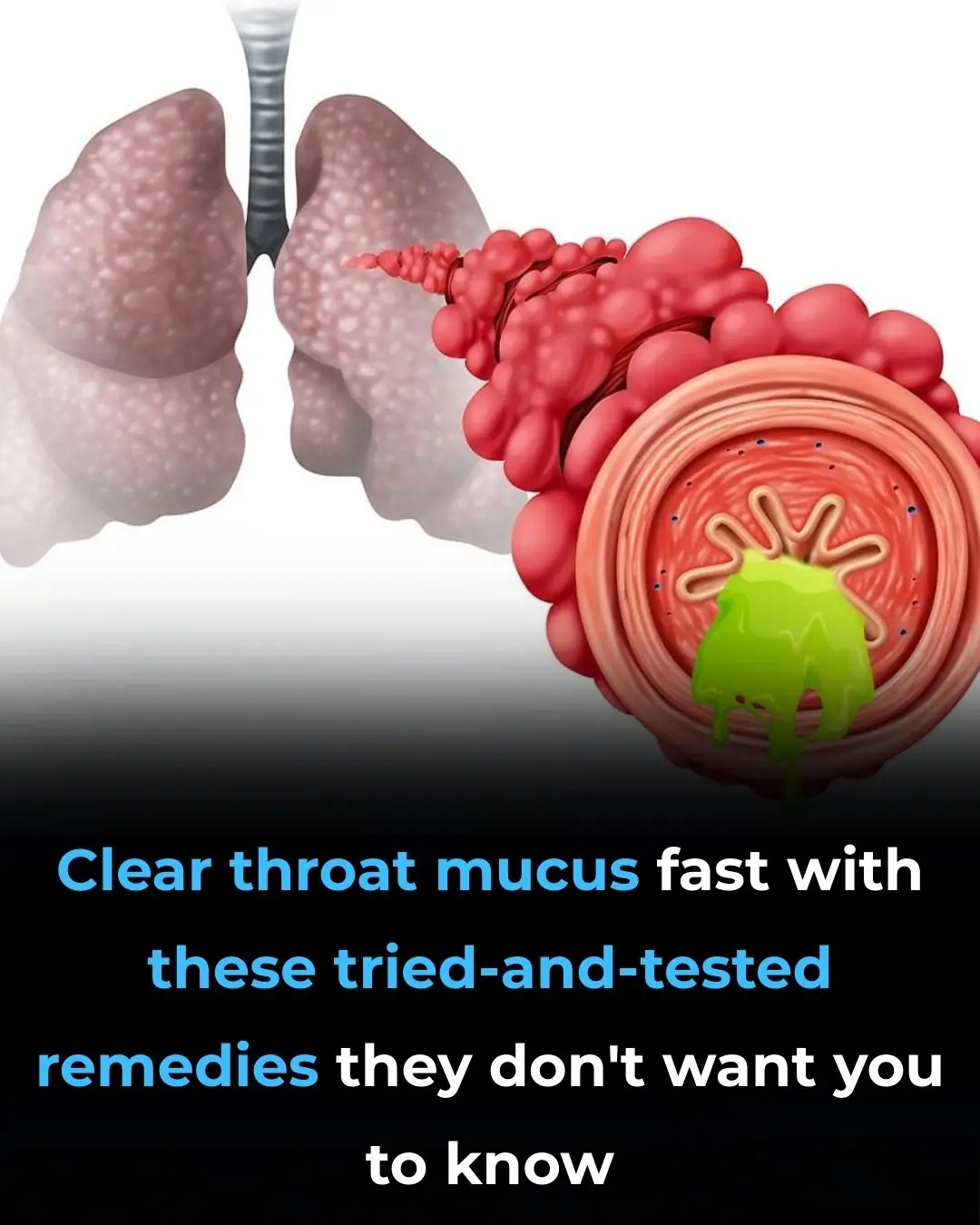
14 Warning Signs of Low Magnesium Levels and What to Do About It (Science Based)
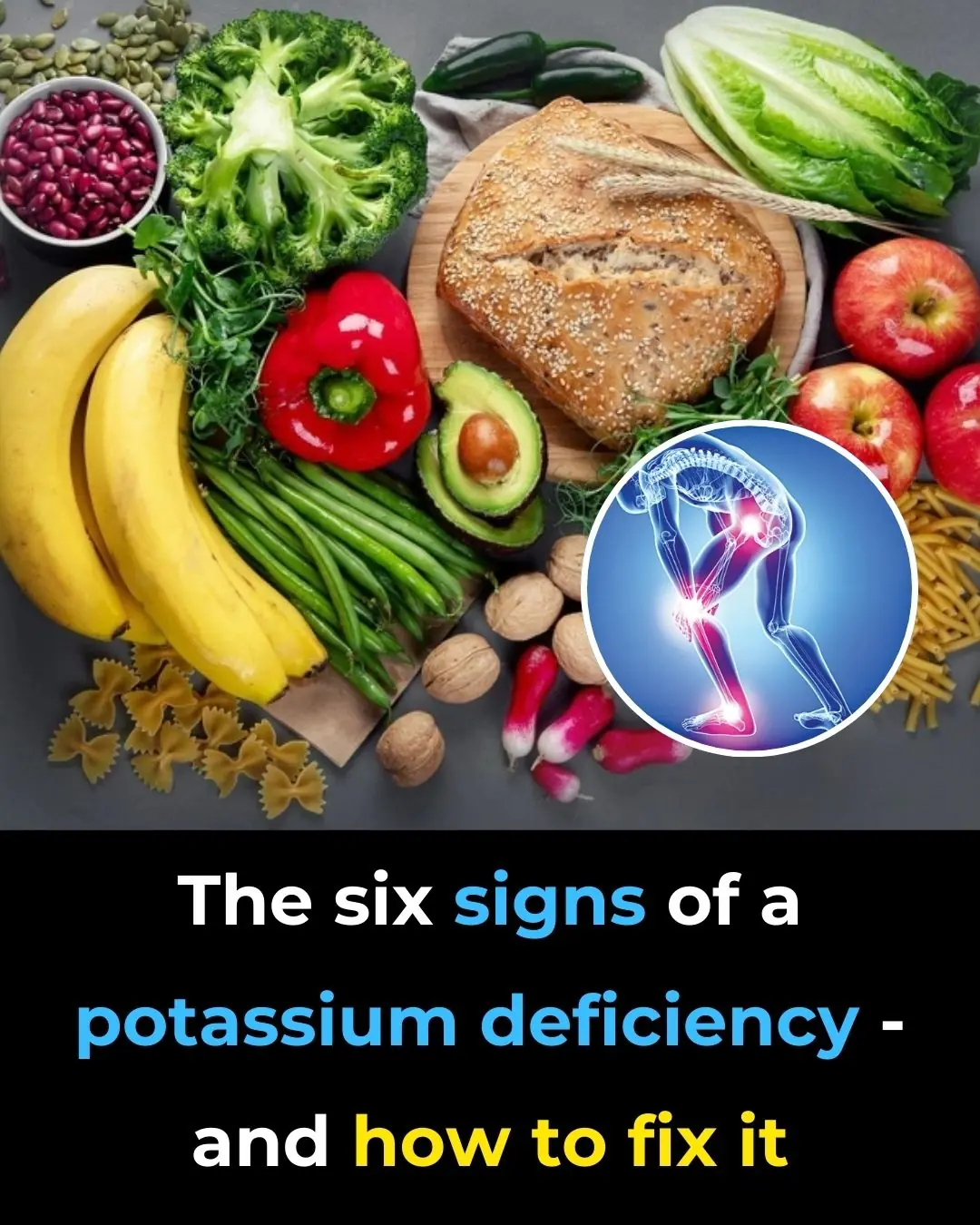
The Six Signs Of A Potassium Deficiency – And How To Fix It

Get Rid of Throat Mucus Faster With These Home Treatments (Evidence Based)

14 Warning Signs of Low Magnesium Levels and What to Do About It (Science Based)

Powerful Healing Benefits of Cloves You Probably Didn’t Know: Natural Remedies for Improved Wellness
Cloves are more than just a fragrant spice — they are a time-tested natural remedy packed with healing properties. From soothing digestive troubles to protecting against infections, this tiny bud can be your daily wellness booster.
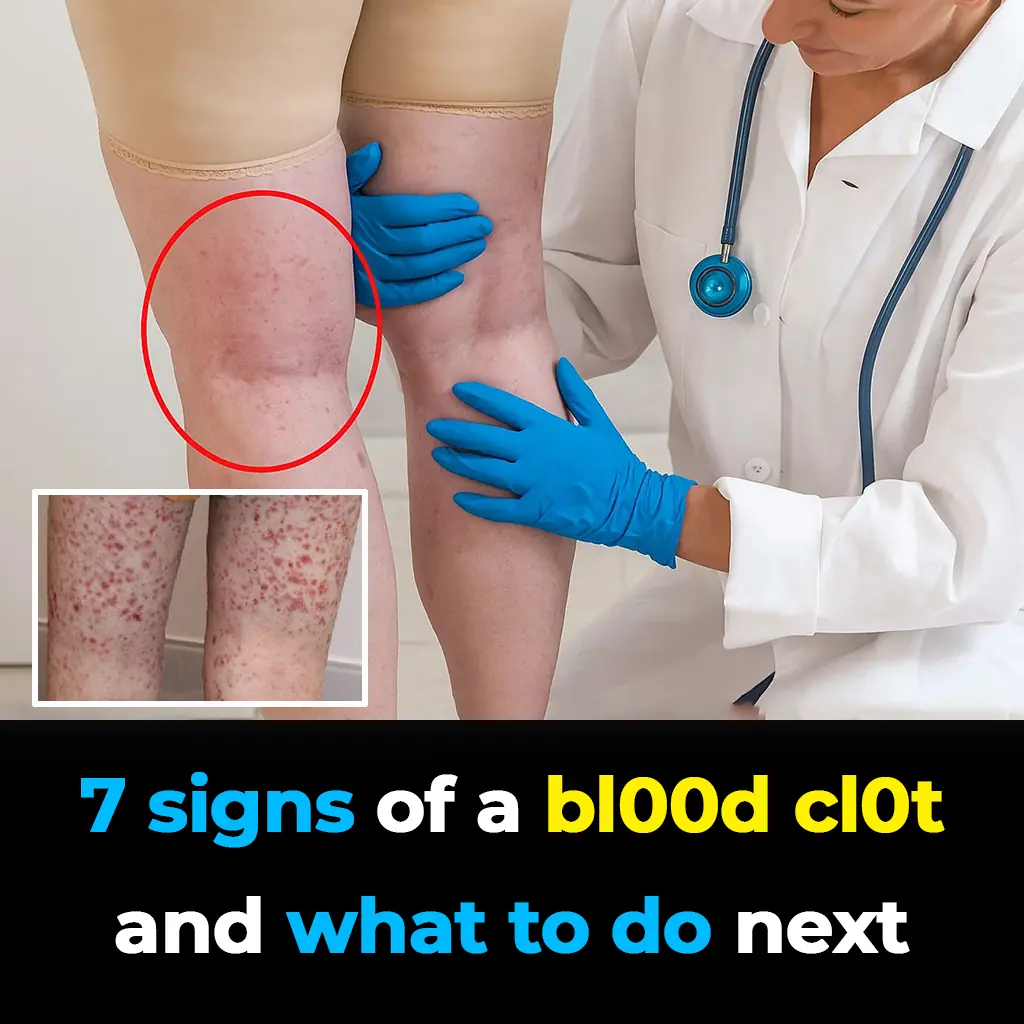
What Does a Bl00d Clot Feel Like? Experts Share Common Signs and Symptoms
Every year, close to a million Americans face the dangers of blood clots — often without realizing it until it’s almost too late. Recognizing the early warning signs could be the difference between life-saving treatment and a medical emergency.
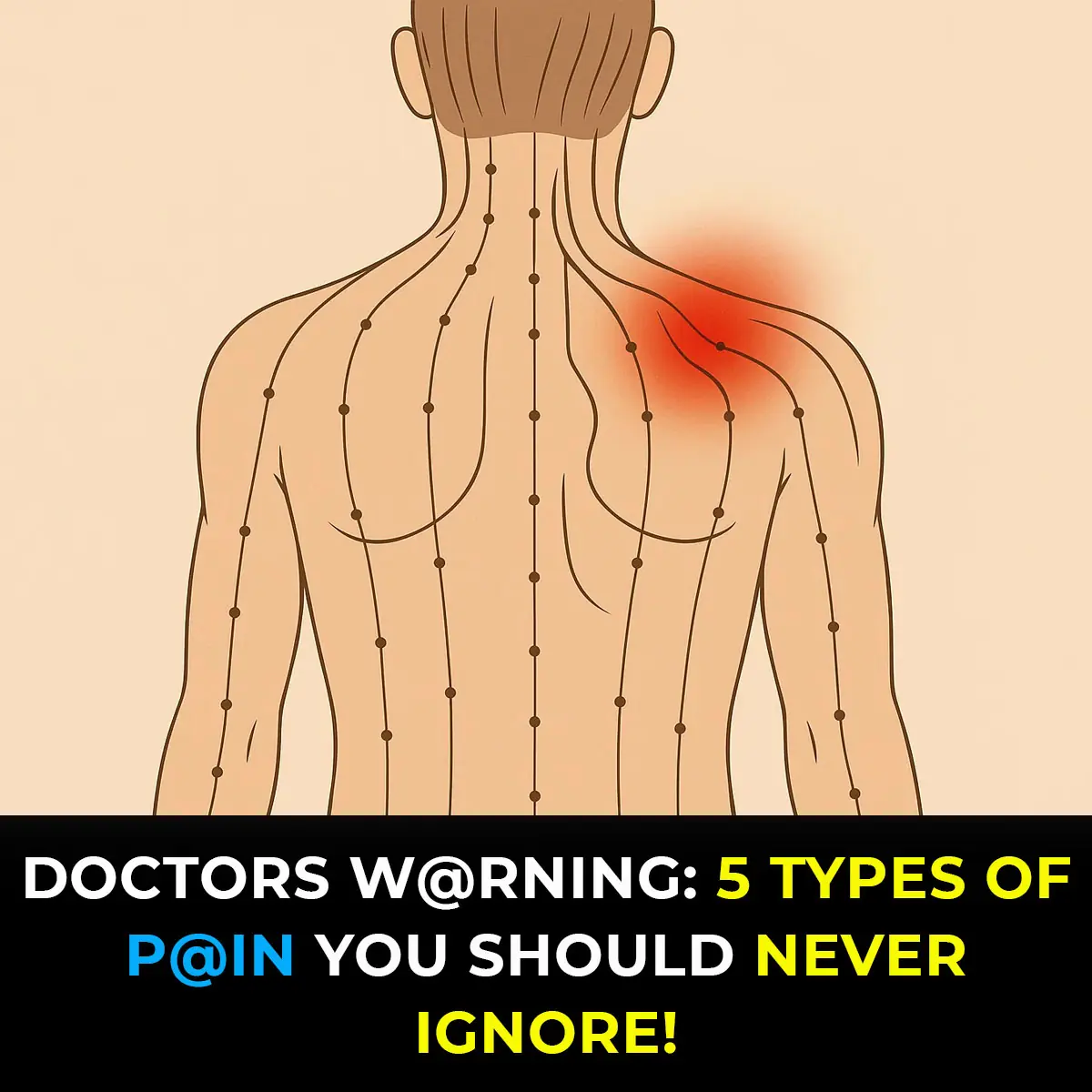
5 Types of Pain That Should Never Be Ignored
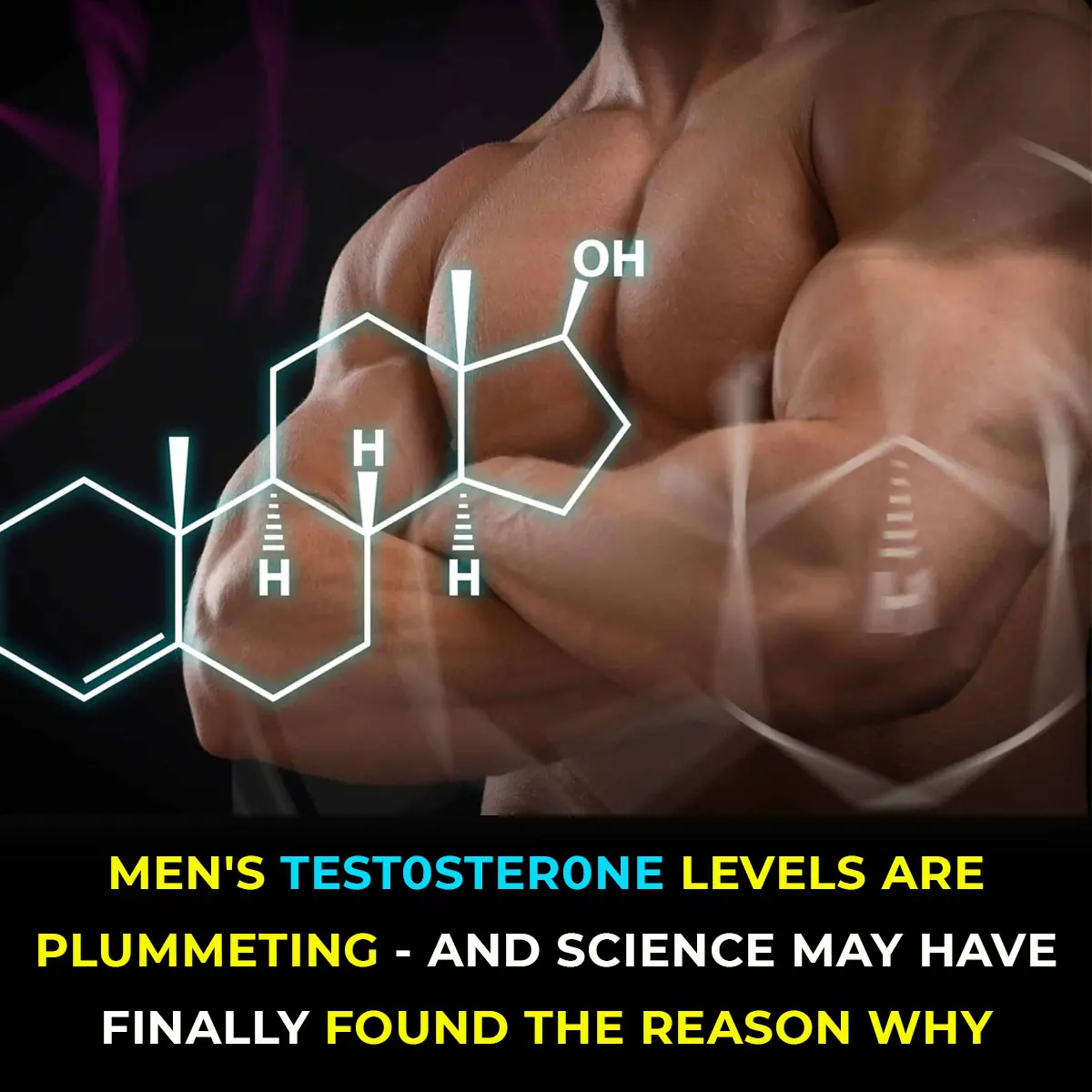
Scientists Warn of a Silent Epidemic: Men’s Testosterone Levels Are Plummeting — And Here’s Why
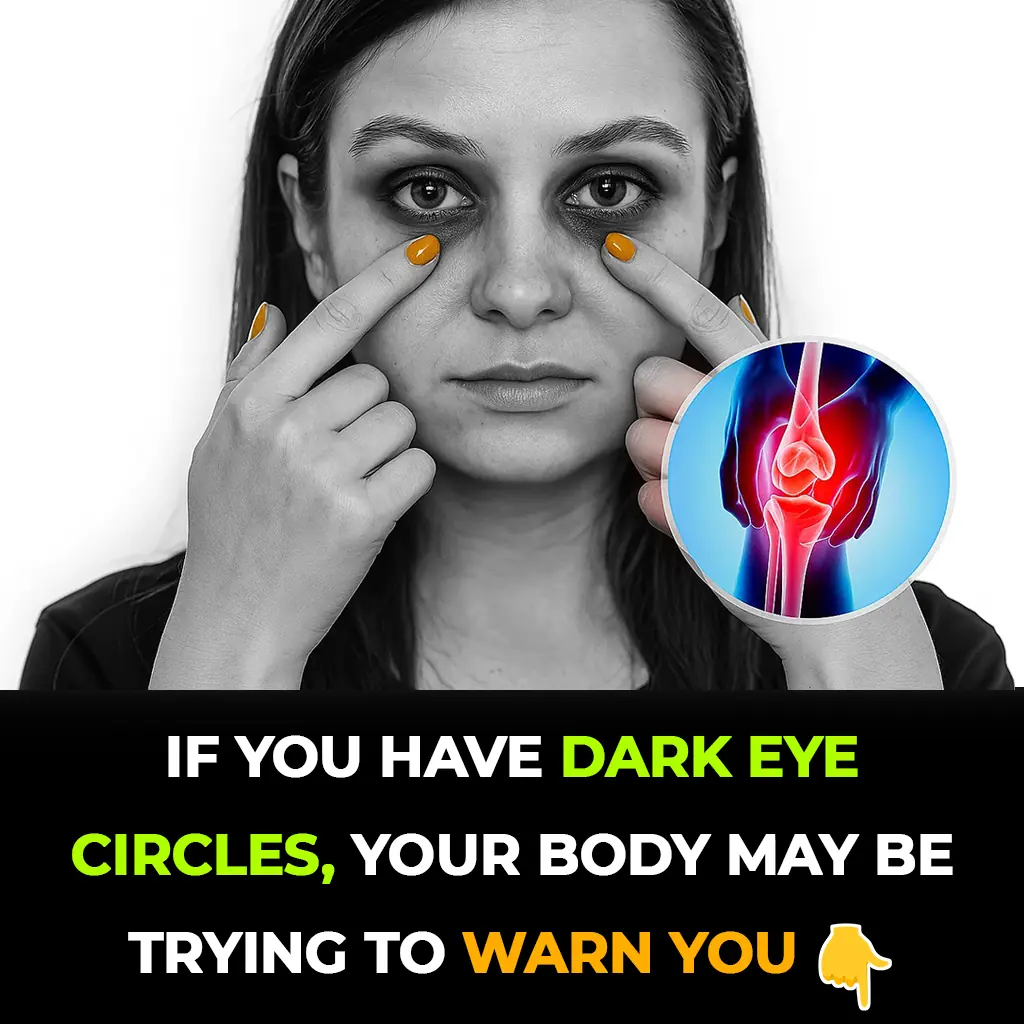
Dark eye circles might be a subtle health warning
Dark circles under the eyes are often brushed off as a sign of fatigue or aging, but they can sometimes hint at deeper health issues. Knowing the difference between harmless causes and warning signs could help protect your long-term well-being.

Striking simulation illustrates the progression of death from cancer
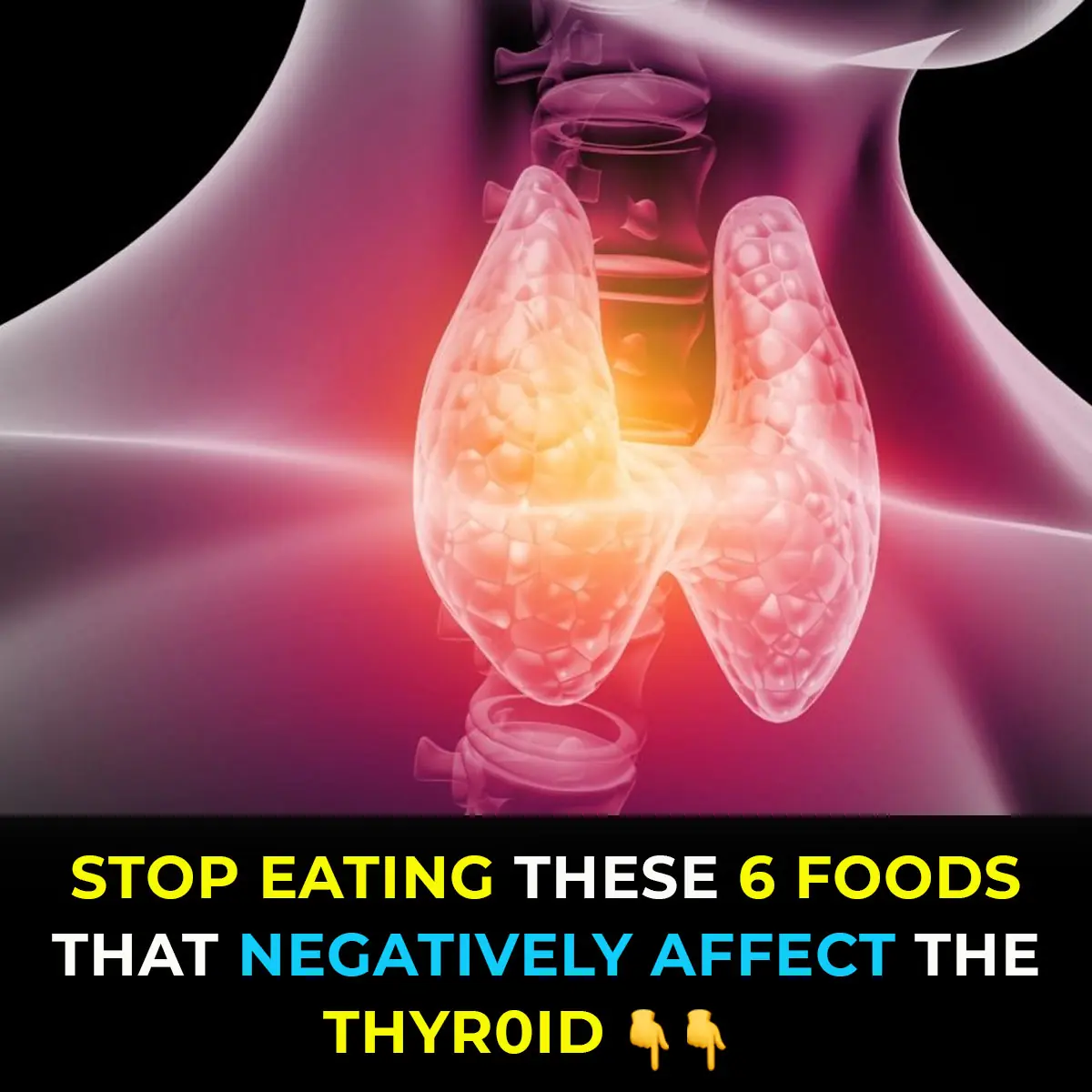
6 types of foods that negatively affect your thyroid
News Post

5 Potential Health Benefits of Macadamia Nuts

How to Exercise Safely When You Have Atrial Fibrillation

How to Get Rid of Dead Dry Skin on Feet

Foods to Eat if You Need to Poop – The Best Natural Laxatives

How to Make Onion Juice for Hair Growth & Strong Hair

3 Best Ways to Boil Sweet Potatoes for Maximum Flavor

Underwater City Near 'Noah's Ark' Discovery Might Change The Bible Story We Thought We Knew

A Stranger’s Compassion That Changed Everything.

A Kentucky State Trooper’s Quiet Act of Compassion That Brightened a Family’s Day.

I Let My Lonely Neighbor Stay with Me While His House Was Being Repaired After the Storm, and It Didn't Take Long to Understand Why He Was Alone – Story of the Day

One Day, I Saw a 'Just Had a Baby' Sticker on My Boyfriend's Car, but We'd Never Had a Baby – Story of the Day

3 Family Drama Stories That Will Leave You Speechless

Top 13 Inflammatory Foods You Should Avoid (Replace with These)

Why You Should Drink THIS Warm Turmeric Water In The Morning

14 Warning Signs of Low Magnesium Levels and What to Do About It (Science Based)

Husband Sent Me & the Kids to a Hotel for a Week – I Thought He Was Cheating, but the Truth Was Unbelievable

The Six Signs Of A Potassium Deficiency – And How To Fix It

Get Rid of Throat Mucus Faster With These Home Treatments (Evidence Based)
